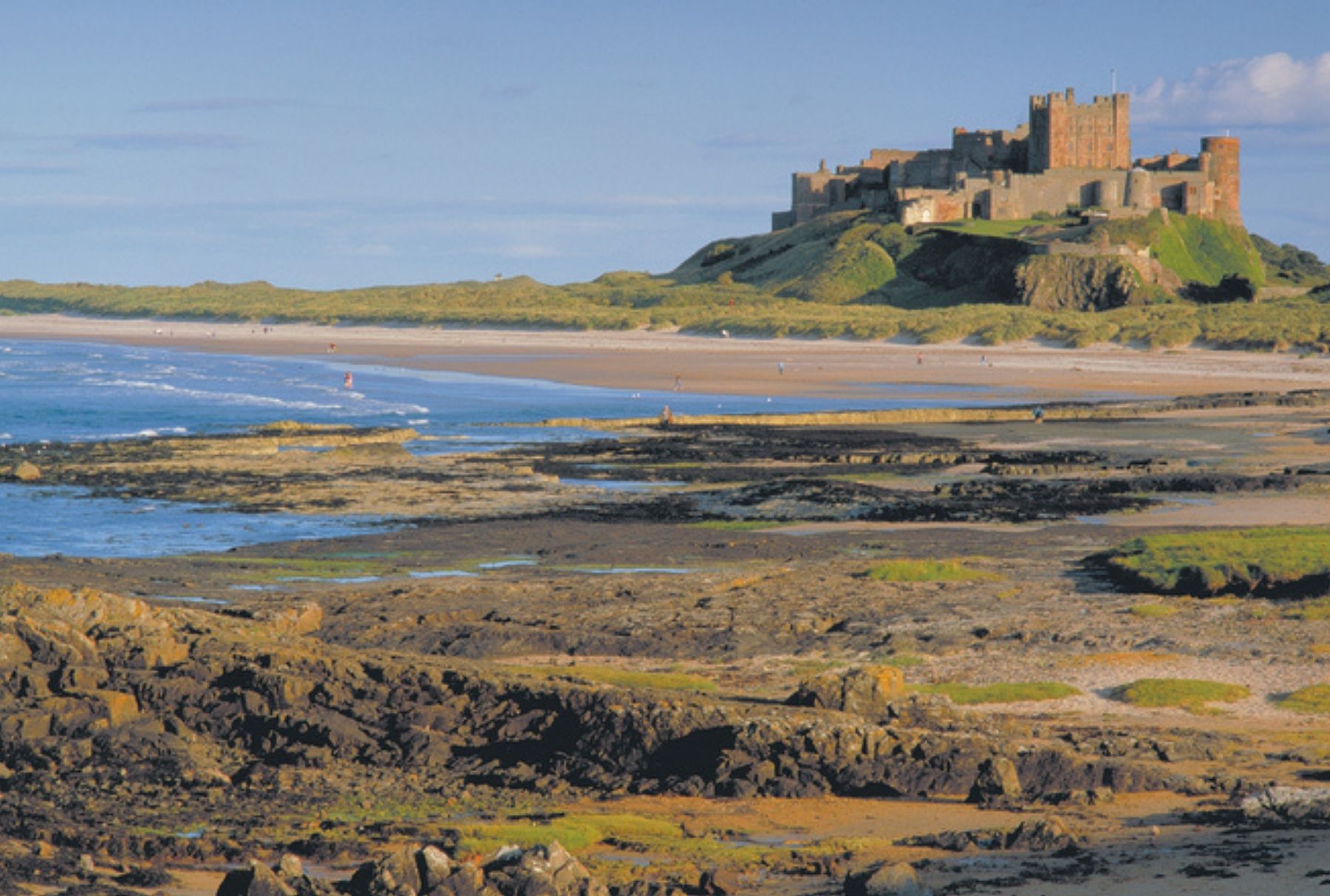New partnership project to improve ecological conditions in Northumberland
A new project led by Natural England will improve the condition of the river, coastal and marine habitats of the Northumberland Coast and Tweed river catchments.
26 January 2022
The LIFE Water and Disturbance Environmental Restoration (WADER) project, led by Natural England, will restore damaged river and coastal habitats in the North East using a range of techniques. The project aims to reduce river pollution at source, improve water quality, restore wildlife rich habitat and combat climate change through nature recovery.
Four Special Areas of Conservation (Berwickshire and North Northumberland Coast, Tweed Estuary, River Tweed, and North Northumberland Dunes) will benefit from the work, as well as two Special Protection Areas (Lindisfarne and Northumbria Coast). These are all recognised for their international importance. Lindisfarne National Nature Reserve lies at the heart of the project area.
To improve water quality and the ecological condition of habitats, the project will tackle pollution, control invasive species, remove macroalgae that can smother intertidal habitats, reduce disturbance to birds, protect mammals, and nurture sensitive habitats.
The project sites have seen an increase in visitors during the pandemic and work will also take place to educate visitors about the important role nature plays in tackling climate change and inspire them to take action to protect it.
Natural England has teamed up with the Environment Agency, Tweed Forum and Newcastle University to deliver the project.
Natural England’s Area Manager, Christine Venus, said: “Nature is our most precious asset and Natural England is leading its recovery by bringing together partners who can combine their resources and expertise to help the natural environment thrive once more.
“Together we have been able to secure LIFE funding for this project which will improve the ecological condition of more than 49,000 hectares of habitat within the river Tweed catchment and along the Northumberland Coast. It’s a fantastic opportunity for nature recovery at a truly landscape scale and we can’t wait to get started!”
The Environment Agency is employing a dedicated project officer to work with landowners and farmers to improve soil health which will boost crop production at the same time as improving water quality.
Heather Harrison, Environment Programme Officer from the Environment Agency, said: “This project aims to bring organisations together so that we deliver multiple benefits by working in the same location at the same time. An example of this can be seen at the Breamish River Restoration Project.
“As part of our work to bring the river back to its former glory, we will plant trees along river corridors, create new reed beds and form new areas of wetland. By combining this activity, we will deliver multiple benefits for water quality, flood risk management, carbon capture, biodiversity and nature recovery.
“Previously, organisations may have worked individually to deliver these outcomes, but this LIFE project combines our skills and funding so that we can deliver more for the environment.”
Tweed Forum Director, Luke Comins said: “LIFE WADER brings together the core principles of the Tweed Forum – working in partnership, at the catchment scale to improve the water environment for people and wildlife. The project will galvanise cross border action and bring enormous benefits, not only to downstream water quality, but for carbon sequestration, recreation, biodiversity, and flood risk management.”
Dr Aileen Mill, Director of Expertise for Ecosystems at Newcastle University said: “Researchers within the School of Natural and Environmental Sciences are excited by the opportunity this funding offers to strengthen our existing partnerships across the North East.
“The WADER project is a great demonstration of the interdisciplinary expertise we have in the school as the project brings together ecologists, social scientists and modellers. Working alongside practitioners, we will be investigating and evidencing the impact of the planned project work. Participation in WADER will allow students and researchers to have direct input to restoration of ecosystems from farm to coast.”
The Government’s 25-Year Environment plan sets out the ambition for a growing and resilient network of land, water and sea that is richer in plants and wildlife. The government has committed to restoring 75% of our one million hectares of protected sites to favorable condition, securing their wildlife value for the long term.
Researchers within the School of Natural and Environmental Sciences are excited by the opportunity this funding offers to strengthen our existing partnerships across the North East.

